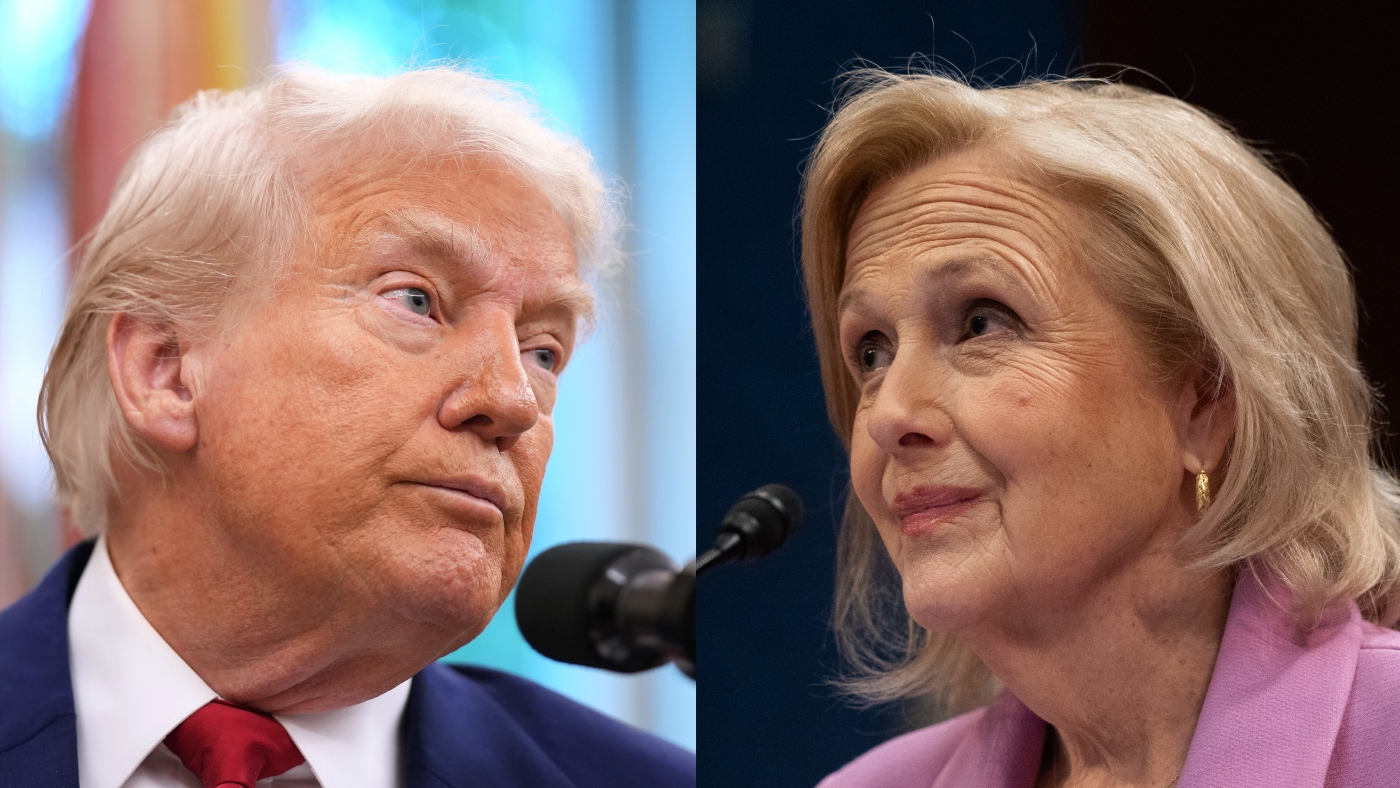- Get link
- X
- Other Apps
- Get link
- X
- Other Apps

PBS and Minnesota Public TV Station Launch Legal Challenge Against Trump Administration's Defunding Efforts
In a move that underscores the escalating tensions between public broadcasting and the executive branch, PBS and Lakeland PBS, a Minnesota-based public television station, have filed a lawsuit against President Trump. The legal action challenges an executive order that seeks to eliminate federal funding for the Corporation for Public Broadcasting (CPB), a key source of financial support for PBS and its member stations.
The lawsuit, filed on Friday, alleges that Trump's order oversteps his authority as president and violates Constitutional protections of free speech. The plaintiffs argue that the order is a thinly veiled attempt to censor PBS's news coverage and programming, which the administration has openly criticized.
Key Arguments in the Lawsuit:
- Unlawful Presidential Directive: The suit claims the executive order represents an "unprecedented presidential directive" that threatens the very existence of public television.
- Viewpoint Discrimination: The plaintiffs assert that the order is a blatant attempt to cut off funding due to the content of PBS's programming, amounting to "blatant viewpoint discrimination."
- Infringement of Editorial Discretion: The lawsuit argues that the order infringes upon the editorial independence of PBS and its member stations.
PBS President and CEO Paula Kerger declined to comment directly on the lawsuit. However, in a statement, PBS emphasized the need to protect its editorial independence and the autonomy of its member stations.
Lakeland PBS's Perspective
Lakeland PBS, serving a region in Northern and central Minnesota that includes some of the state's poorest counties and several tribal reservations, echoed PBS's concerns, emphasizing the "dire consequences on local member stations and our programming."
The station offers critical services to its community, including:
- The only nightly television news program covering the region.
- Curricular videos, lesson plans, and other resources for local educators.
According to the lawsuit, Lakeland PBS relies on federal grants from CPB for 37% of its annual revenues. The station argues that it cannot readily replace PBS programming and services if funding is cut, posing an "existential threat" to its ability to serve the community.
White House Response
In response to the lawsuit, the White House defended the president's actions, stating that CPB is "creating media to support a particular political party on the taxpayers' dime." White House spokesperson Harrison Fields asserted that the president is exercising his lawful authority to ensure efficient use of taxpayer dollars.
Trump's executive order accuses NPR and PBS of failing to provide "fair, accurate, unbiased and nonpartisan news," arguing that there are ample media options available and that government funding of news media is "outdated and unnecessary."
Financial Implications
The lawsuit highlights the significant financial impact of the executive order:
- PBS stands to lose $81 million per year in federal grants.
- Public TV stations contribute $227 million to PBS to run programs.
- The U.S. Education Department has already cancelled a $31 million annual grant for a major educational initiative.
A Broader Battle
This lawsuit is not an isolated incident. It follows similar legal action filed by NPR and three Colorado public radio stations, also challenging the Trump administration's defunding efforts. The CPB itself is also suing the president over a separate executive order. These legal challenges underscore a broader battle over the role and funding of public broadcasting in the United States.
What's Next?
The ultimate fate of public broadcasting funding now rests on both the legal challenges and the actions of Congress. House Speaker Mike Johnson has indicated that Trump intends to request Congress to rescind the $1.1 billion allocated for public broadcasting for the next two years. Congress will have 45 days to act on the request, adding another layer of uncertainty to the future of PBS and its member stations.
The legal battle between PBS, its affiliates, and the Trump administration raises fundamental questions about the role of government in funding media and the importance of protecting editorial independence. As the case unfolds, it will undoubtedly shape the future landscape of public broadcasting in America.
Source: https://www.npr.org/2025/05/30/nx-s1-5418084/pbs-and-minnesota-public-tv-station-sue-trump-white-house- Get link
- X
- Other Apps
Comments
Post a Comment